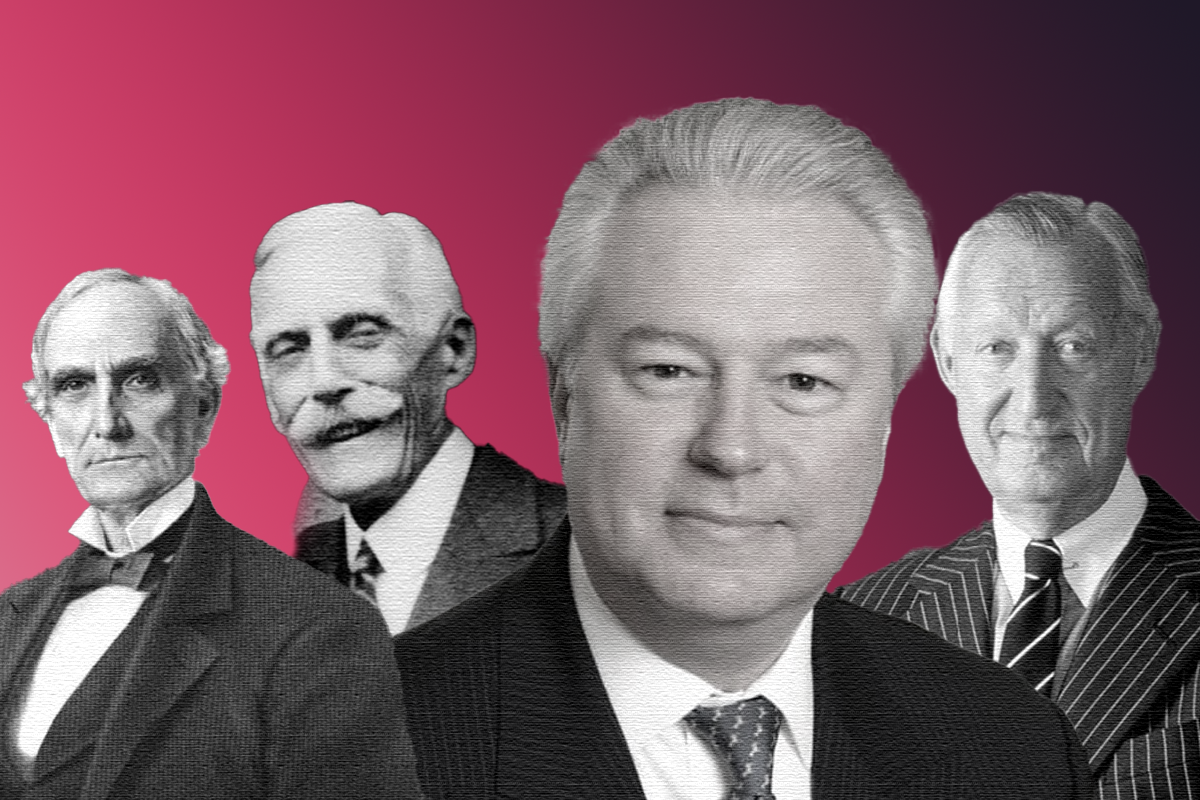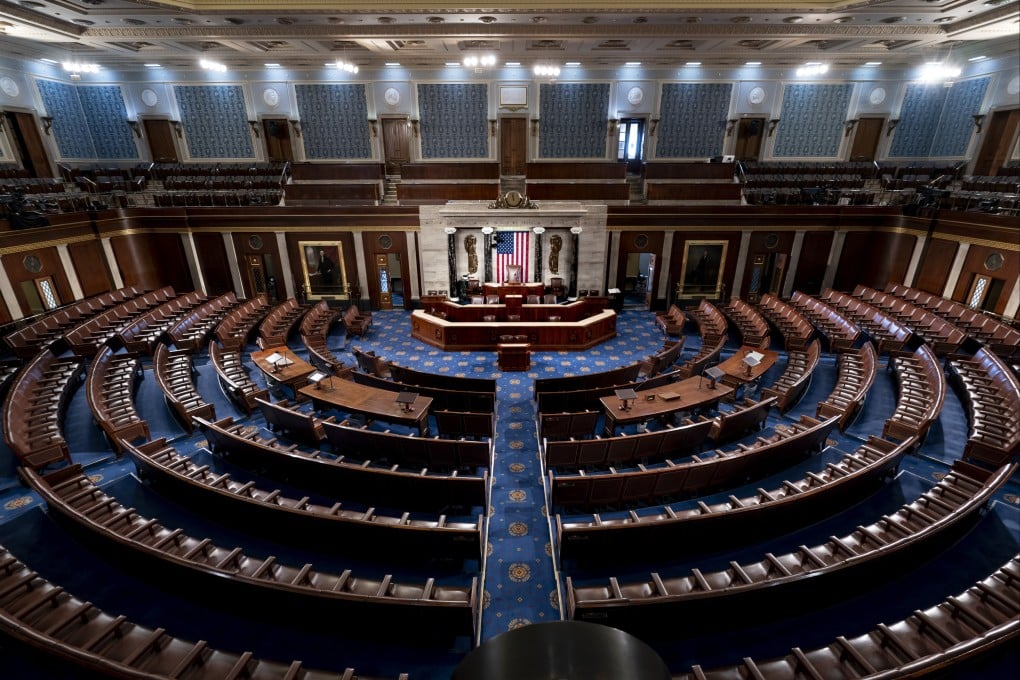Many US politicians, including President Donald Trump, have criticized Sadiq Khan, raising questions about why he’s still the Mayor of London.
Sadiq Khan remains the Mayor of London due to a combination of electoral success, policy initiatives, and continued support from a significant portion of the city’s population. His tenure has been shaped by London’s unique political landscape, the issues facing the city, and his ability to appeal to diverse communities.
Khan was first elected mayor in 2016, becoming London’s first Muslim mayor. He won with 57% of the vote, defeating Conservative candidate Zac Goldsmith. His election reflected Londoners’ desire for a leader who could manage the city’s complex challenges, from housing shortages to public transport and community relations.
He was re-elected in 2021, securing 55.2% of the vote against Conservative Shaun Bailey. In 2024, Khan won a historic third term, defeating Conservative candidate Susan Hall. This made him the first person in London’s history to serve three terms as mayor, demonstrating sustained support among voters despite national political shifts and challenges within the city.
Khan’s governance has focused on several key areas. Housing and infrastructure have been central to his agenda. Under his leadership, affordable housing projects have been expanded, and transport improvements have been prioritized, including extensions to underground lines and investment in rail services. These efforts aim to make the city more accessible and livable for residents across London’s diverse boroughs.
Economic growth has also been a priority. Khan has launched initiatives designed to create jobs, increase productivity, and strengthen the city’s economy. By focusing on innovation and development, his administration has sought to maintain London’s position as a global financial and cultural hub.
Public safety and services are another critical aspect of Khan’s tenure. His office has invested in policing and emergency services, with significant funding allocated to increase the number of neighborhood officers and improve community policing. These measures aim to address crime and maintain public confidence in law enforcement.
Despite these achievements, Khan has faced criticism. Some residents have expressed concerns about tax increases, as portions of council tax used to fund the Greater London Authority have risen during his tenure. Others highlight ongoing issues with traffic congestion, public transport delays, and crime rates, arguing that more needs to be done to improve the quality of life for Londoners.
Political dynamics have also played a role in Khan’s continued tenure. London is a diverse and cosmopolitan city, with a population that often leans more towards progressive policies compared to other regions of the United Kingdom. Khan’s positions on social issues, inclusivity, and urban development have resonated with these voters, helping him maintain support even when national politics have shifted.
Looking ahead, Khan’s third term allows him to continue shaping London’s future. Whether he chooses to seek a fourth term in 2028 is not yet clear, and future political developments may influence both his decisions and his legacy.




